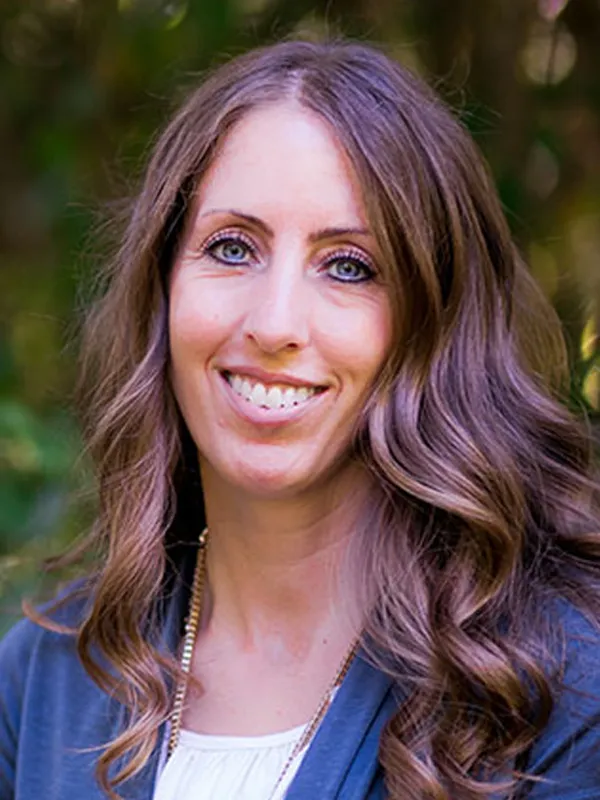
The pressure inside today’s operating rooms isn’t measured only in millimeters of mercury. Certified Registered Nurse Anesthetists (CRNAs) carry substantial mental, physical, and emotional responsibilities; often in high-stakes environments and during long, unpredictable shifts. Burnout among CRNAs now affects nearly half the workforce, creating ripple effects that impact patient safety, staffing budgets, and the long-term viability of anesthesia careers.
Two major trends are emerging in response to this crisis. First, CRNAs are speaking out about their mental health needs and asking for more than surface-level support. Second, forward-thinking hospitals and anesthesia groups that invest in wellness programs are seeing real success in attracting and retaining high-quality clinicians.
The Latest Data: CRNAs Are Experiencing High Levels of Stress
The AANA Journal’s December 2024 review on CRNA wellness found that over 60 percent of CRNAs report moderate to high stress levels. The primary causes include staffing shortages, last-minute schedule changes, and limited recovery time between cases. These factors are not isolated, they compound over time and contribute to higher error rates, fatigue-related call-outs, and reduced morale.
A 2025 report by Outpatient Surgery and AORN further confirmed the connection between employer mental health resources and job retention. CRNAs who rated their employer’s wellness offerings as strong were 38 percent less likely to consider leaving within the next year. These findings show that mental health infrastructure is more than a feel-good benefit, it’s a workforce stabilizer.
National Support Networks Are Growing Stronger
At the national level, the American Association of Nurse Anesthesiology (AANA) has joined the ALL IN: Wellbeing First for Healthcare initiative, a growing coalition focused on improving mental health across the healthcare workforce. This partnership brings access to structured peer-support networks, training for second-victim scenarios, and toolkits for burnout mitigation.
In 2025, the AANA also launched its Wellness Ambassador micro-credential program. This initiative equips CRNAs to serve as on-site wellness champions, trained to identify early signs of burnout and connect colleagues with confidential resources like the AANA Helpline. These trained ambassadors are now active in facilities across the country, helping to embed wellness into the fabric of daily operations.
In parallel, the American Nurses Foundation has introduced a nationwide mental health platform for nurses. This app-based service includes evidence-based therapy modules, moderated peer discussion boards, and 24/7 access to licensed mental health professionals. Offered at no cost to individual CRNAs, this platform helps remove barriers to care while meeting providers where they are.
What Leading Employers in Washington Are Doing
Some of the most effective wellness strategies are coming directly from facilities on the ground. In Washington State, home to full CRNA practice authority, several employer-led initiatives are gaining traction and showing measurable results.
One Spokane-area surgery center piloted an on-call respite pool, allowing rotating PRN CRNAs to cover sick and vacation days. This led to a 22 percent drop in unscheduled overtime and cut 12-month turnover in half. Another Level-I trauma hospital in Seattle implemented “re-entry days” after critical incidents, giving CRNAs protected time to reset emotionally. Over 90 percent of CRNAs reported feeling fully prepared before their next assignment, and medication errors decreased significantly.
In Tacoma, an orthopedic ambulatory surgery center adopted AI-powered scheduling tools to predict case lengths and offer self-scheduling windows. This change increased first-case on-time starts by 18 percent and boosted provider satisfaction scores by 16 points. Some facilities have also begun offering employer-paid mental health stipends, often under $50 per full-time provider per month, which result in much higher utilization than traditional employee assistance programs and fewer burnout-related call-ins.
Mental Health Support Is Now a Key Driver of Recruitment and Retention
According to ICON Anesthesia’s 2025 workforce report, CRNAs now rank mental health support among the top three factors they consider when evaluating job offers, surpassing sign-on bonuses. Facilities that combine autonomy with robust wellness infrastructure are filling open roles faster and holding onto their teams longer. In opt-out states like Washington, these efforts are amplified by the freedom CRNAs have to fully practice their clinical skills.
The bottom line is clear: providers are no longer willing to trade their well-being for a paycheck. Anesthesia groups and hospitals that invest in meaningful wellness support will win the race for talent.
Four Takeaways for Anesthesia Leaders
Move past brochures and one-time seminars. Build wellness practices directly into daily operations, such as routine peer check-ins, structured debriefs, and anonymous helplines that are actively promoted.
Design schedules with science in mind. Use predictive tools to align shifts with natural circadian rhythms, which improves mood, focus, and safety.
Empower wellness ambassadors. AANA’s micro-credential is ready-to-implement and equips your team with trusted advocates for mental health.
Track and share outcomes. Monitor metrics like PTO usage, overtime, and burnout-related absences. Celebrate improvements to reinforce a culture of support.
Mental health investments are not optional, they are essential to protecting patients, teams, and the long-term sustainability of the anesthesia workforce. As more Washington employers adopt these data-driven strategies, CRNAs are finding the safety and support needed to thrive in high-pressure environments.
How Advanced Anesthesia Services Prioritizes CRNA Wellness
At Advanced Anesthesia Services, we believe mental health is a pillar of professional excellence. Our Washington-based team integrates wellness safeguards into every assignment, through supportive scheduling, access to mental health resources, and collaborative team structures that protect both performance and well-being. We also offer multiple resources through our sister-company Northwest Healing & Wellness.
Interested in learning how we build these systems from the ground up? Connect with our recruitment team or visit our careers page today.

